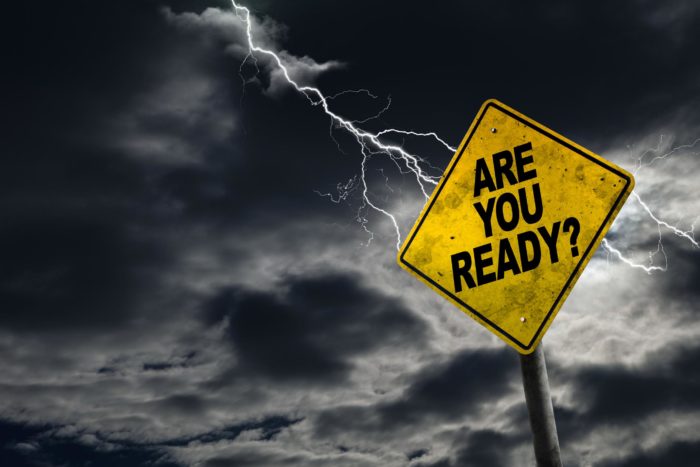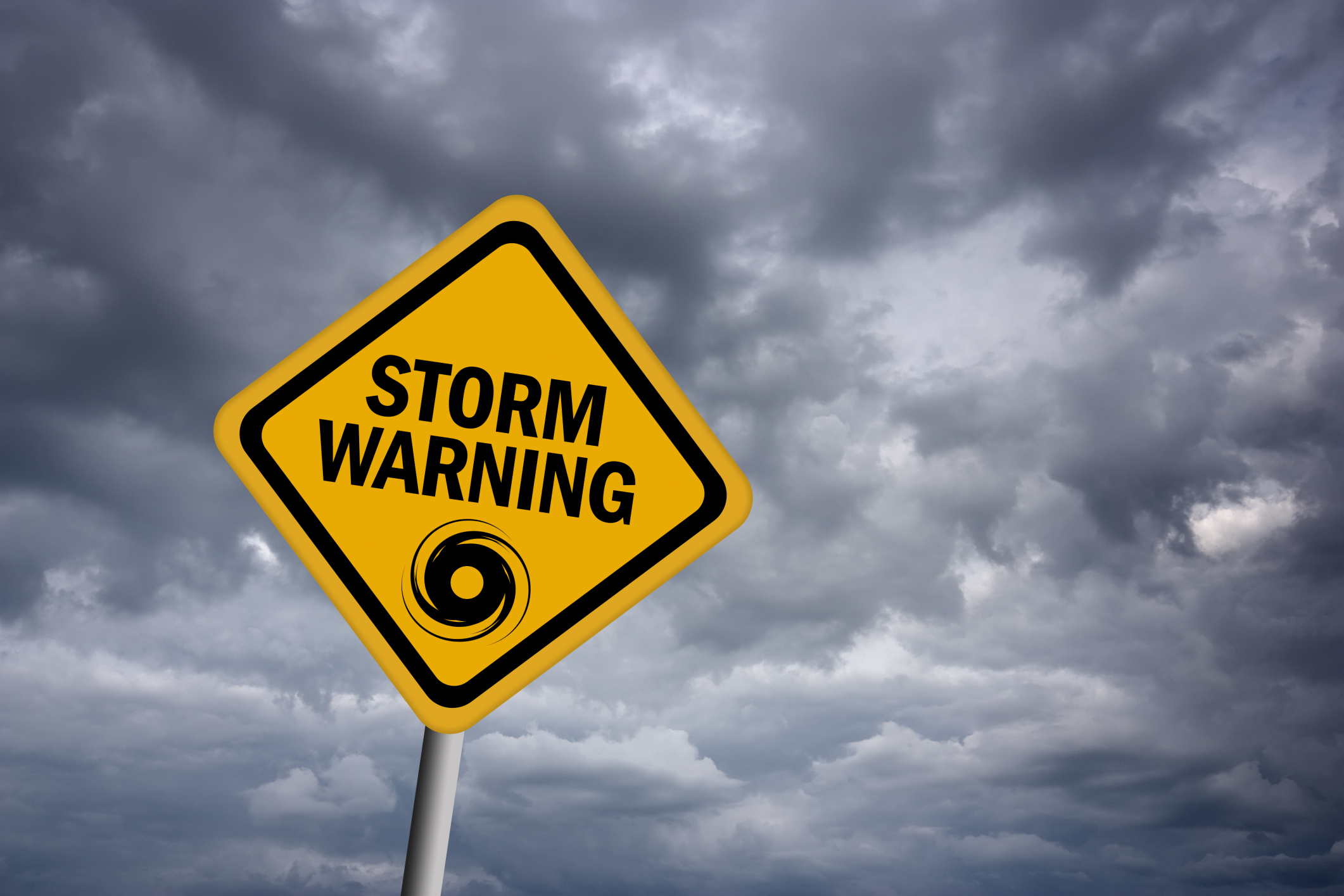
Thunderstorm Safety Tips: The Things You Didn’t Know
Every year, a few dozen people die from being struck by lightning during thunder storms in the United States. Hundreds more people are injured during thunder storms in the United States. However, despite this, many people completely disregard thunder storm warnings and go about their day without taking any precautions. If you want to keep you and your family safe when thunder booms and lightning strikes, here are a few safety tips for dealing with thunder storms properly.
What to Do Before a Thunder Storm
No place outside is safe if a thunder storm is nearby. In general, if you see lightning and hear thunder outside, you and your loved ones should head inside. After all, it is better to be safe than sorry. However, if the thunder storm is far away or it would be a hassle to head inside, you should see if the 30/30 lightning safety rule applies to the situation. Essentially, you should look for lightning and start counting to 30. If you don’t reach 30 before you hear thunder, you should do everything in your power to go indoors. You should stay inside for 30 minutes after you hear the last boom of thunder.
If you checked the weather forecast and know that a thunder storm will be hitting your area in a few hours, you can take other precautions to help keep your family and your home safe. For example, you can go to your front yard and backyard and look for rotting or dead branches and trees that could fall during the storm. Strong winds are a defining characteristic of thunder storms and these winds can carry heavy debris and cause extensive damage to your home. You should also take the time to secure outdoor objects or bring them inside until the storm is over.
Secure all doors that lead to the outside and shut and lock all of the windows in the house. Finally, you should unplug electronic equipment. Power outages are common during thunder storms and you don’t want lightning to cause damage to your electronic equipment. You and your family members should not use any electronic equipment that is plugged into an outlet. This includes devices that are plugged into an outlet for recharging purposes.
What to Do During a Thunder Storm
Not only should you avoid plugged-in electronic equipment, but you should also avoid using plumbing if possible. As you know, water can conduct electricity, which makes using plumbing during thunder storms potentially dangerous. Instruct your family members to stay off porches and away from the windows. Debris can break the windows and injure you or your family members.
If you’re outside, you should head to the nearest car. Don’t lean against concrete walls or lie on concrete floors. Also, avoid lightning rods, which are usually tall and isolated structures. For example, trees are a natural lightning rod. Avoid contact with any metal like bicycles, motorcycles, golf carts, and farm equipment. If you are driving when a thunder storm hits and don’t expect to reach home before the thunder storm subsides, you should pull over and park. Ensure that you and your family members don’t touch surfaces that conduct electricity outside or in the vehicle.
What to Do After a Thunder Storm
After a thunder storm, you should avoid all areas that are damaged by the storm, if possible. You should never drive through a roadway that is flooded. Keep your loved ones away from downed power lines and call to report the downed power lines immediately. This will help officials restore power to as many residents as soon as possible. Remain indoors if the damage from the storm was extensive and watch your young children and pets closely.
Knowing how to stay safe in a thunder storm is essential, particularly if you live in an area that experiences frequent severe thunder storms. Many people underestimate the power of thunder storms. However, the truth is that thunder storms can cause extensive damage and can even kill. Therefore, it is a good idea for homeowners to have home insurance just in case a thunder storm strikes and wreaks absolute havoc. For more information about how to stay safe during thunder storms and the importance of home insurance, feel free to contact us.



